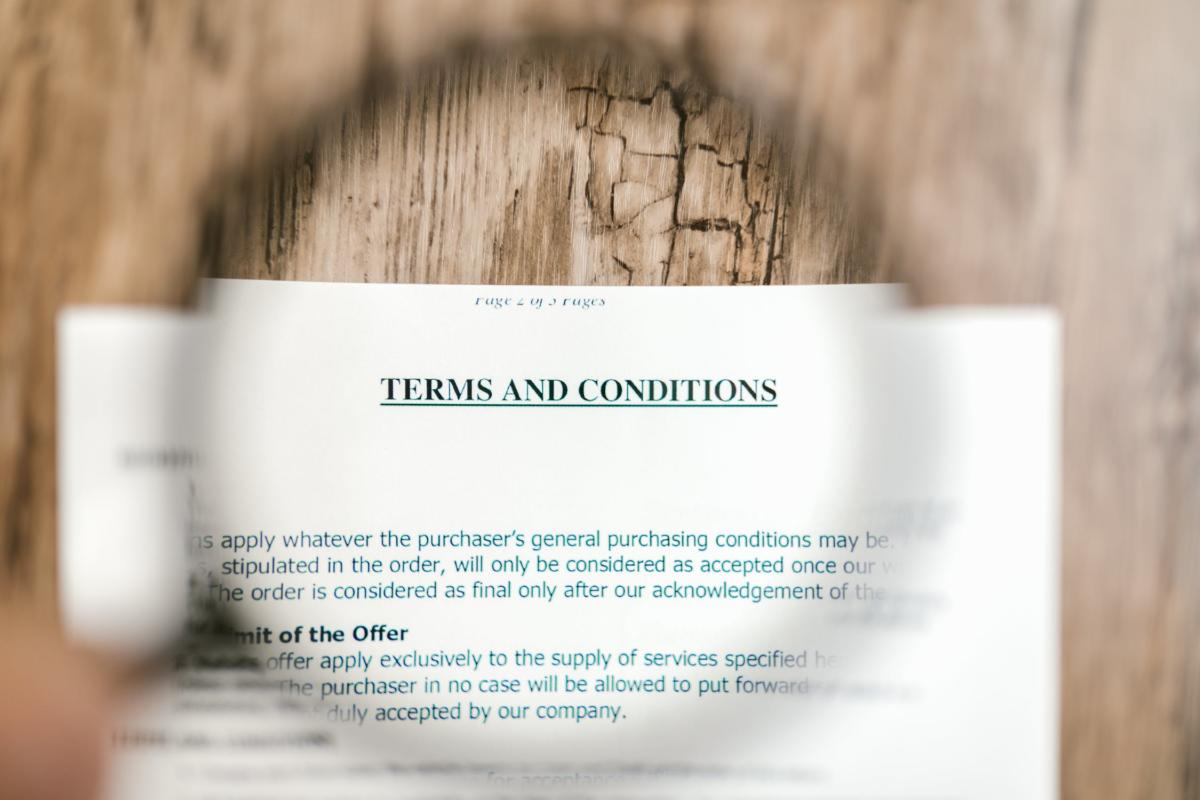When establishing or running a construction business in Australia, it’s important to ensure you’ve met all the legal requirements. Our legal team specialises in helping small businesses and startups with all their legal needs, from contracts to intellectual property protection and privacy. Get in touch today!
To establish a construction business in Australia, you will need to prepare and register a variety of legal documents. Key requirements include:
- Registering your business name with the Australian Securities and Investments Commission (ASIC).
- Obtaining Workers' compensation insurance and business insurance (e.g. public liability, professional indemnity).
- Securing Council approval (if operating from a commercial premise) and a lease agreement (if renting premises).
- Having Health and safety policies and procedures in place.
- Complying with privacy and data protection policies and procedures.
- Obtaining an Australian Business Number (ABN) and registering for Goods and Services Tax (GST).
- Applying for the relevant licence or qualifications.
If you have suppliers for your clothing business, it's important to capture the details of your arrangement in writing. This way, if anything goes wrong in the supply chain, you can refer to the agreement and settle any matters or disputes smoothly.
A Supply Agreement will generally cover payment terms, the goods being delivered, quality expectations, timeframes, termination rights and warranties.
An integral part of running a business that provides services to customers, is that a contract is agreed to by the customer.
This contract should cover liability, to better protect your business. For instance, if you are running a gym, it may state in the gym terms and conditions that your business will not be liable for any injury the customer experiences while using the facilities. Other standard terms in gym terms and conditions might include how and when payment is made, a disclaimer that the gym is not responsible for the personal possessions of the customer, what will happen if equipment is damaged, how the contract can be terminated, dispute resolution, intellectual property, etc.
Liability waivers are often used in businesses that have high risk activities in conjunction with contracts and are much shorter.
A liability waiver goes one step further than a standard contract, and is an additional document the customer must sign before using a business’ services. The purpose of a liability waiver is to draw special attention to the risky nature of the service the customer is about to undertake. Of course, not all businesses need a liability waiver if their services are not inherently risky.
Examples of high risk businesses that might use a liability waiver would usually be recreational services, such as a sky diving centre, a rock climbing gym, horse riding, or parkour class.
What Goes In A Liability Waiver?
An acknowledgement that the activity is inherently dangerous, and the customer’s agreement to limit or waive their right to compensation from your business should they experience injury due to the activity.
A liability waiver may also instruct that a customer must follow a certain protocol to limit their risk – for example, alerting the business if they have any pre-existing health conditions, correctly using the equipment, following instructions, and agreeing to wear safety gear.
Can A Liability Waiver Completely Protect My Business?
A liability waiver can substantially lessen your business’ liability, however it cannot completely prevent your business from being liable.
This is because businesses in Australia must abide by the Australian Consumer Law, which states certain warranties that can’t be avoided. For example, services must be rendered with due care and skill, and services will be fit for the purpose for which they are acquired by the consumer.
If a business behaves recklessly, the inclusion of a liability waiver won’t cover the reckless conduct. This means that where a business is aware or should be aware of a significant risk, they must take steps to prevent the risk even if there is a liability waiver in place. The Competition and Consumer Act is clear on this.
It would therefore be illegal to state in a liability waiver that your business would not be liable in any circumstance whatsoever.
However, consumer guarantees can be excluded from recreational services in certain circumstances, where the liability is limited to death or injury. We’ve written more about that here.
Need more reasons to get a liability waiver? In NSW, there is the Civil Liability Act, which states there is no duty of care for recreational activity where there is a risk warning. Having a customer actively sign a waiver demonstrates that they have been cognisant of a risk warning in the strongest possible way.


















